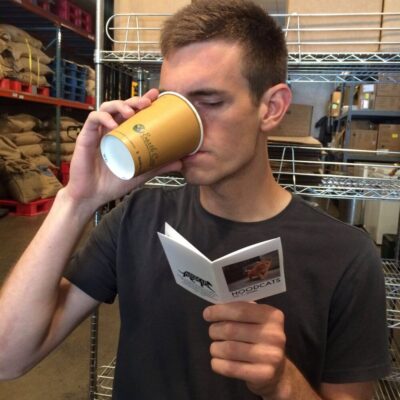Ross Mattheis Humanities and Social Science
Landing a Job: Occupational Mobility and the Homestead Act
Rising inequality and falling economic mobility may be the defining economic and social challenge of present-day developed economiesand the US in particular. Recently, many have observed that inequality is associated with social discontent, slowed growth, and the spread of far-right populism. But economic mobility in the US has not always been dismal; in the late nineteenth century, mobility in the US was truly exceptional, higher than the US and the UK in the late twentieth century. My work investigates the effect of the western frontier on American economic development in the period of exceptional mobility. The project is in two main parts: first, I will take advantage of newly digitized data and computational tools to compare mobility among beneficiaries of the Homestead Act and similar folks who didnt appeal to the act; second, I will generate new geographic data from the Indian Wars to study the effect of frontier supply shocks on eastern cities. Taken together, my results should suggest whether and in what manner the Western Frontier contributed to what was a Land of Opportunity.
Message To Sponsor
The support of the Anselm MP&S fund allowed me to utilize the summer to pursue an important question and improve myself as an economic historian. Concretely, I had the time to develop a program at the frontier of historical record linkage (a methodological issue in economic history dealing with combining disparate and large historical data sets) and apply this tool to learn about the occupational effects of the Homestead Act. While working on this project, I also developed a few new research questions that will be part of my work going forward. One question concerns the effect of Irish immigrants during the Great Famine on the rise of the far-right Know-Nothing party in the US. Another early project explores the determinants of former slave's adoption of (or refusal to adopt) their master's surname after the Civil War. Ultimately, I'm interested in improving our understanding of the political economy of the developing United States, and this summer was a useful step in that direction. Because of my work this summer, I'll present my project at a seminar for working papers in Economic History--a venue usually reserved for professors and graduate students presenting their job market papers. The connections I made and deepened over the summer will be instrumental in applying to graduate programs this Fall. Simply put, financial support this summer brought me closer to a career studying historical questions informative of salient contemporary debates, and for that I am deeply grateful.